
The scientific literature has seen its share of child prodigies – such as a nine-year-old who published a study in JAMA, and a group of eight-year-olds who reported on bumblebees in Biology Letters. But Alexandre Martin of the University of Kentucky sought to help his seven-year-old son get published in a non-traditional way – by submitting his school report to a journal on Jeffrey Beall’s predatory list, the (now-defunct) International Journal of Comprehensive Research in Biological Sciences. They recount the story in a recent paper in Learned Publishing, giving young Martin his first taste of academic publishing, and helping his father expose its flaws.
Retraction Watch: As part of your experiment, you reformatted a booklet written by your seven-year-old about bats. In an excerpt in your paper, one line says “Bats are really cool animals!” The entire paper was only 153 words, according to The Times Higher Education. Did you think the paper would be accepted by the journal? Continue reading “Bats are really cool animals!” How a 7-year-old published a paper in a journal
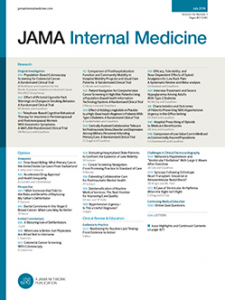

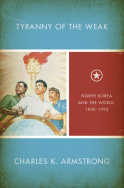 An award-winning account of North Korea during the Cold War has fallen under criticism, claiming the author included material not supported by the list of references.
An award-winning account of North Korea during the Cold War has fallen under criticism, claiming the author included material not supported by the list of references.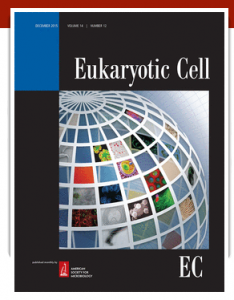
 A California court ruled that fitness empire CrossFit can proceed to trial with its lawsuit against a competitor, alleging it published falsified data that hurt the company’s reputation, according to recently released court documents.
A California court ruled that fitness empire CrossFit can proceed to trial with its lawsuit against a competitor, alleging it published falsified data that hurt the company’s reputation, according to recently released court documents.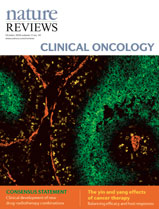
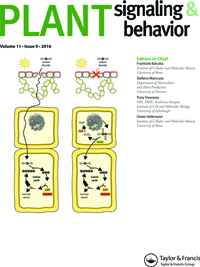 A few months ago, an author
A few months ago, an author